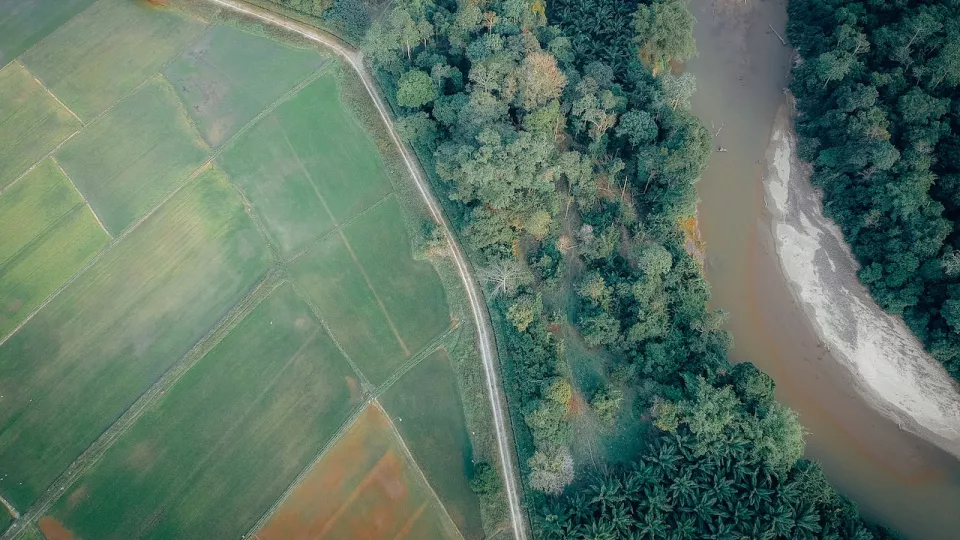– Our study shows that current national carbon plans would require a land area larger than the size of the U.S., or almost four times the land area of India. These plans are not only unrealistic, but also a great threat to future food production and nature protection, says Wim Carton, Senior Lecturer at Lund University Studies for Sustainability Studies (LUCSUS).
The study, involving more than 20 researchers around the world, is the first to calculate that countries collectively need a total of 1.2 billion hectares of land to fulfill the promises laid out in their official climate plans, part of global efforts to meet Paris Agreement goals.
Unlike other “gap” reports, including the recently-released UNEP Emissions Gap report, which describe a divide between mitigation ambition and the emissions reductions needed to achieve the climate goals, this analysis demonstrates the chasm between governments’ reliance on land for carbon mitigation purposes and the role that land can realistically play due to competing needs and in light of human rights.
– Converting land that is currently used for other purposes, such as food production, into tree plantations would have devastating consequences for food production and biodiversity, as well as for land rights of Indigenous Peoples and traditional communities. They also prevent countries from making powerful and urgent emission reductions, says Wim Carton.
Key messages
-
The cumulative area of land needed to meet projected biological carbon removal in national climate pledges and commitments is almost 1.2 billion hectares – equivalent to current global cropland. Countries’ climate pledges rely on unrealistic amounts of land- based carbon removal,
-
In their climate pledges, governments are prioritising planting new trees to offset fossil fuel emissions ahead of achieving deep cuts in emissions from all sources along with protecting and restoring existing ecosystems.
-
Servicing all of the land-based carbon removal pledges is unrealistic because it would require a land mass half the size of current global cropland, putting potential pressure on ecosystems, food security and Indigenous Peoples’ rights.
-
Current ‘net accounting’ methods assume that planting new trees offsets fossil fuel emissions or the destruction of primary forest, but this ignores scientific and ecological principles.
-
Evidence shows that indigenous peoples and local communities with secure land rights vastly outperform both governments and private landholders in preventing deforestation, conserving biodiversity, and producing food sustainably.
The report will be launched at COP27 in Sharm El Sheikh, Egypt.
Read the full report at landgap.org.
About the study
Researchers examined official climate plans and public statements, including Nationally Determined Contributions (NDCs), which countries submitted to the United Nations as part of the Paris Agreement, to calculate the total land area set aside for carbon removals.

